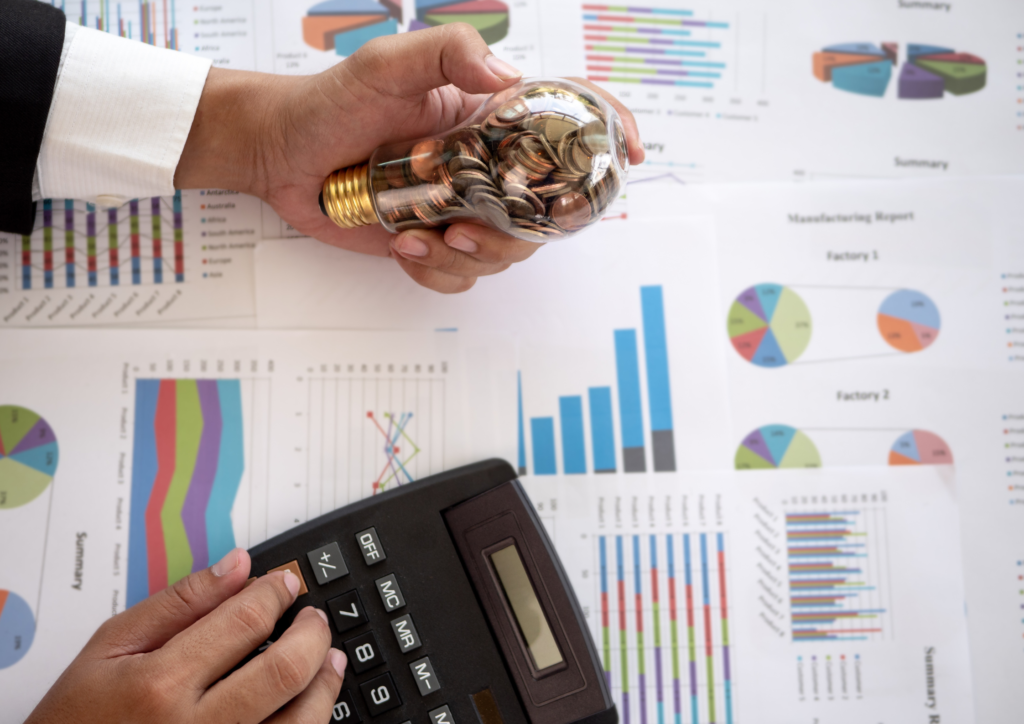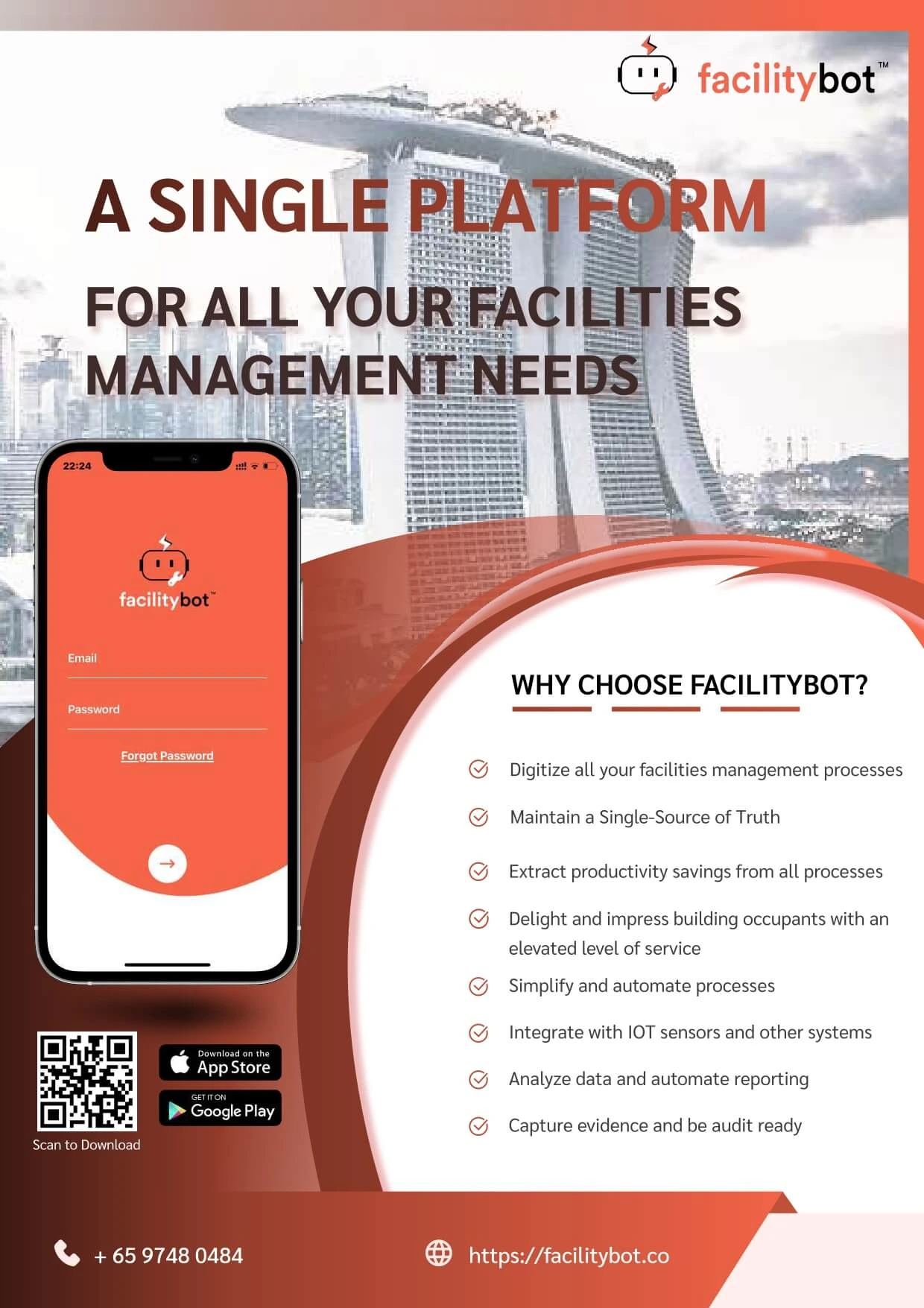Last updated on May 12th, 2025 at 07:14 pm
Procurement is a vital function in construction management, impacting the success of every phase of a construction project. In construction, procurement refers to the process of sourcing, acquiring, and managing the goods, services, and contracts necessary for completing a project. This includes everything from raw materials and subcontractors to specialized services and equipment.
Construction management procurement involves strategic planning to ensure that the right resources are available at the right time, in the right quantity, and at the right cost. It is not merely about purchasing—it’s about creating value, reducing risks, optimizing cost, and improving project timelines through smart, structured decision-making.
Understanding Construction Management Procurement
Procurement in construction management is more complex than simply ordering materials. It’s a structured, multi-step process that ensures everything needed to complete a project is secured efficiently and cost-effectively. This includes:

- Identifying project needs and specifications
- Conducting market research and supplier evaluation
- Preparing and issuing bid documents
- Evaluating proposals and selecting vendors
- Managing contracts and delivery timelines
- Monitoring quality and supplier performance
Effective construction procurement can make or break a project. It ensures seamless coordination between stakeholders—project owners, contractors, engineers, architects, and vendors—by maintaining clear communication and responsibilities.
Types of Procurement Methods in Construction
There are several construction procurement methods, each tailored to different project needs, timelines, and risk tolerance levels.
1. Traditional Procurement (Design-Bid-Build)
This method separates the design and construction phases. Once the design is finalized, contractors are invited to bid. It ensures clear roles and responsibilities but may lengthen the project timeline.
2. Design and Build (D&B)
In this method, a single entity handles both the design and construction. This speeds up the project and streamlines communication but limits the client’s control over design specifics.
3. Management Contracting
A management contractor is hired to oversee different trade packages. The contractor doesn’t do physical work but coordinates various subcontractors. This method allows design and construction to run concurrently, reducing overall project time.
4. Construction Management
Similar to management contracting, but the client directly appoints trade contractors while a construction manager oversees the process. This offers flexibility but requires more client involvement and risk management.
Key Steps in the Construction Procurement Process
The construction management procurement process generally follows these steps:

1. Identifying Needs and Specifications
Clearly define what materials, services, and equipment the project requires. This forms the foundation of a solid procurement plan.
2. Supplier Research and Selection
Evaluate vendors based on experience, cost, past performance, and reliability. Pre-qualification is essential to avoid risks later in the project.
3. Issuing RFPs and Bid Evaluation
Request for Proposals (RFPs) or tenders are sent out to potential vendors. Proposals are evaluated not only for price but also for quality, delivery capability, and alignment with project goals.
4. Contract Awarding and Management
After selecting the best-fit suppliers or contractors, contracts are awarded. Construction procurement schedules are created to track deliverables, milestones, and responsibilities.
5. Monitoring and Compliance
Procurement doesn’t end with contract signing. Ongoing monitoring ensures timely deliveries, compliance with contract terms, and performance evaluation.
6. Closing and Evaluation
Once the project concludes, the final step includes closing contracts, auditing outcomes, and learning from successes or failures for future projects.
Role of a Procurement Manager in Construction
A procurement manager in construction plays a strategic role in ensuring the project runs smoothly. Their responsibilities include:
- Developing procurement strategies
- Identifying and onboarding reliable vendors
- Negotiating contracts and pricing
- Managing supplier relationships and performance
- Tracking procurement costs
- Collaborating with project teams to ensure alignment with timelines
Successful procurement managers must balance technical knowledge with negotiation and communication skills to deliver optimal results.
Construction Vendor Management
Construction vendor management is critical to ensure quality, cost-efficiency, and timely deliveries. It involves evaluating vendors, tracking performance, managing payments, and ensuring compliance with agreed terms.
Using tools like procurement management software helps streamline vendor evaluation, automate communication, and reduce manual errors. Strong vendor relationships built on transparency and accountability lead to long-term project success.
Challenges in Construction Management Procurement
Despite its importance, construction procurement comes with unique challenges:
- Unclear project specifications
- Limited supplier options
- Tight project deadlines
- Cost overruns and budgeting issues
- Vendor reliability and quality concerns
Overcoming these challenges requires meticulous planning, early supplier engagement, and the use of digital tools for real-time tracking and risk mitigation.
Conclusion
Construction management procurement is not just a backend function—it’s a strategic process that drives project success. From selecting the right contractors to ensuring timely delivery of materials, effective procurement can significantly impact the quality, timeline, and cost-efficiency of a construction project.
Leveraging modern tools and structured processes enables project managers and procurement professionals to achieve seamless execution from start to finish.
Streamline Construction Procurement with Facility Bot
Facility Bot offers advanced CMMS and procurement management software designed to simplify and streamline the construction procurement process. With automated workflows, real-time tracking, contract management, and vendor performance monitoring, Facility Bot helps construction teams stay on schedule and within budget while ensuring quality outcomes. Whether you’re managing small-scale renovations or large infrastructure projects, Facility Bot equips you with the tools you need for smart, efficient procurement.




